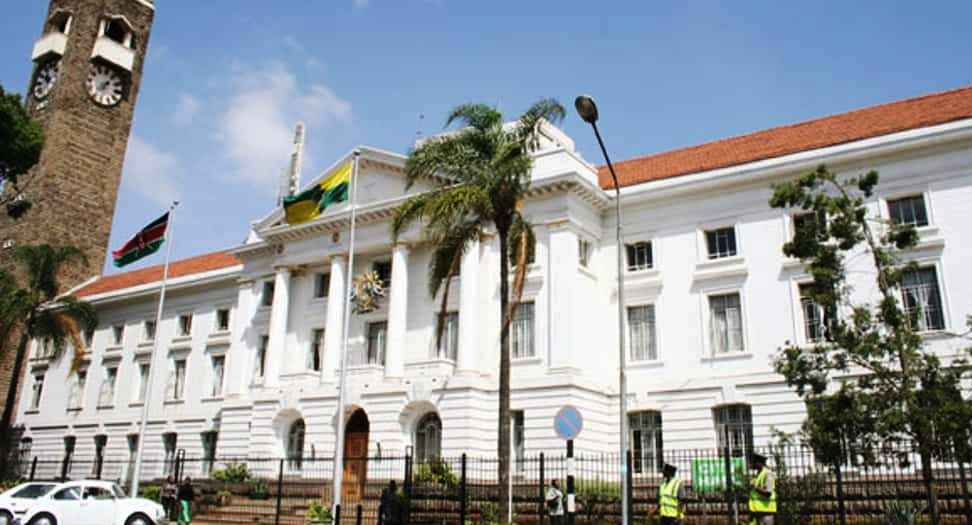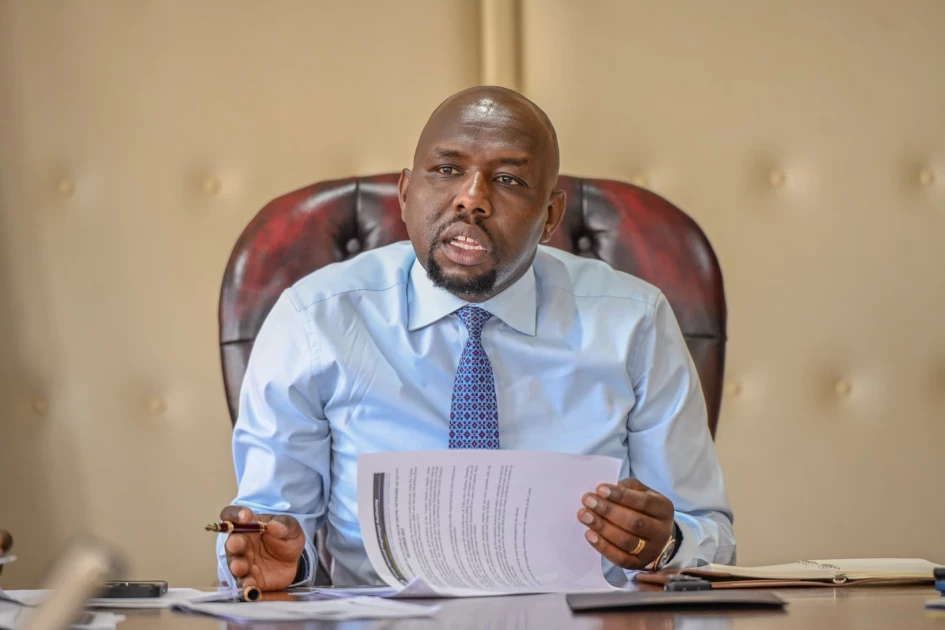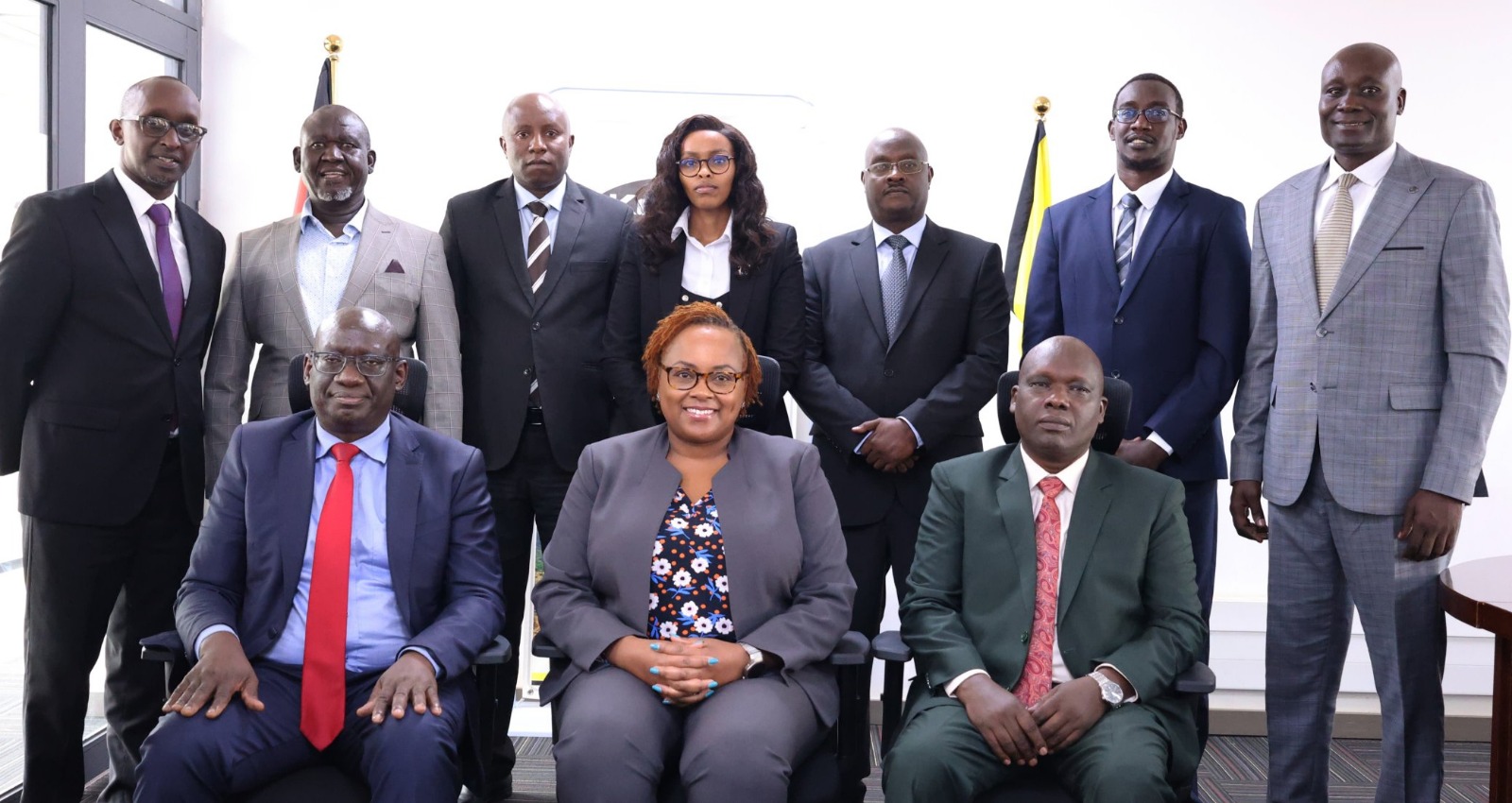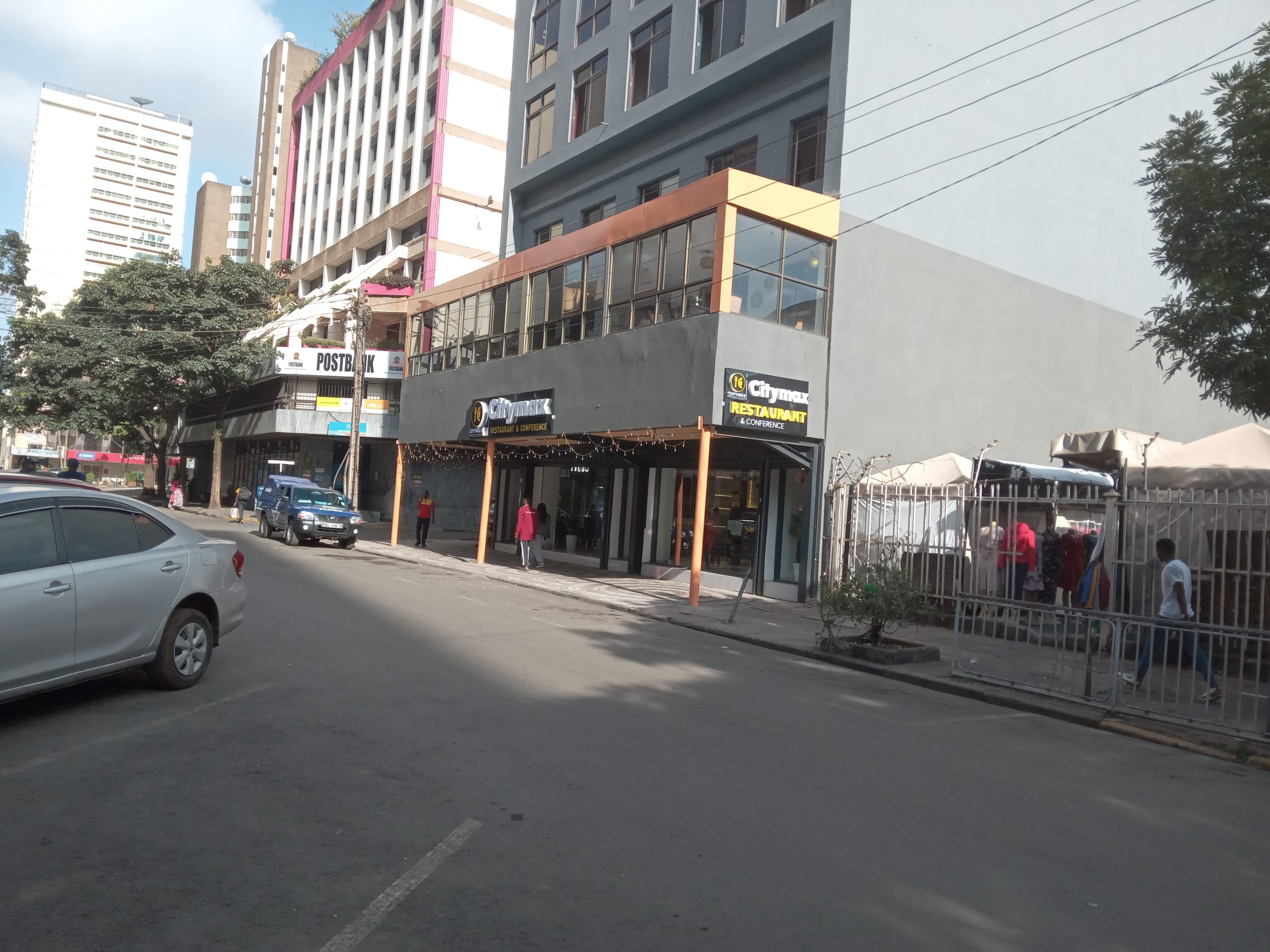Sources at City Hall revealed that training expenses of Ksh.164, 645,324 which includes an amount of Ksh. 13,292,580 was paid in respect of various training programs, however, no supporting document was produced. Documents such as need assessment reports, training programs from training institutions, invitations to the training and authentic travel documents among other information were never availed. Further, Ksh. 65,015,000 was incurred on fuel, oil, and lubricants; however, there were no records of fuel consumption in respect of the expenditure such as fuel registers and consumption statements from service providers. Ksh. 4,864,960 was also spent on the supply and delivery of assorted office equipment which constituted six (6) laptops and eight (8) mobile iPhones at a unit price of Ksh. 296,760 and Ksh.261,300 respectively all totalling Ksh. 3,870,960
The Director of Intergovernmental Relations at City Hall in Nairobi, Joyce Kinyanjui and the former Director of Administration Domnic Odera may land in trouble with investigators from the Ethics & Anti-Corruption Commission (EACC) for approving fictitious payments. A source at City Hall also revealed to The Weekly Vision that Mr Odera’s contract at City Hall expired and that he has since gone back to the ministry from where he’d been seconded from.
The two officers are accused of having approved fictitious allowance payments to members of staff at City Hall, they approved payments of Ksh.323,281,087 for domestic travel and subsistence which includes Ksh.13,074,060 paid as subsistence allowances to staff members without evidence that they participated in the events for which the allowances were made.

Further approvals were made for payments for foreign travel and subsistence expenditure of Ksh. 166,768,849 which constitute Ksh.11, 422,273 whose supporting documents such as attendance registers, reports of work performed or programs by staff members, an invitation to various overseas trainings and workshops, imprest requisitions and applications, and proof of travel documents like boarding passes, stamped passports to various destinations were not provided.
We were also told that training expenses of Ksh.164, 645,324 which includes an amount of Ksh. 13,292,580 was paid in respect of various training programs, however, no supporting documentation in support of payments was produced. Documents such as need assessment reports, training programs from training institutions, invitations to the training and authentic travel documents among other information were never availed. Further, Ksh. 65,015,000 was incurred on fuel, oil, and lubricants; however, there were no records of fuel consumption in respect of the expenditure such as fuel registers and consumption statements from service providers. Ksh. 4,864,960 was also spent on the supply and delivery of assorted office equipment which constituted six (6) laptops and eight (8) mobile iPhones at a unit price of Ksh. 296,760 and Ksh.261,300 respectively all totalling Ksh. 3,870,960.
No serial numbers were indicated on the equipment or even on the delivery notes and the list of beneficiaries issued with the laptops and phones is unknown. Analysis of the payment details for expenditure incurred revealed twelve (12) cash payments amounting to Ksh.523, 082,932 comprising of Ksh.478,399,092 and Ksh.44,683,840 paid from Finance and Economic Planning and Agriculture, Livestock Development and Fisheries departments respectively. However, the supporting documents and the reasons for the huge cash payments are nonexistent.





